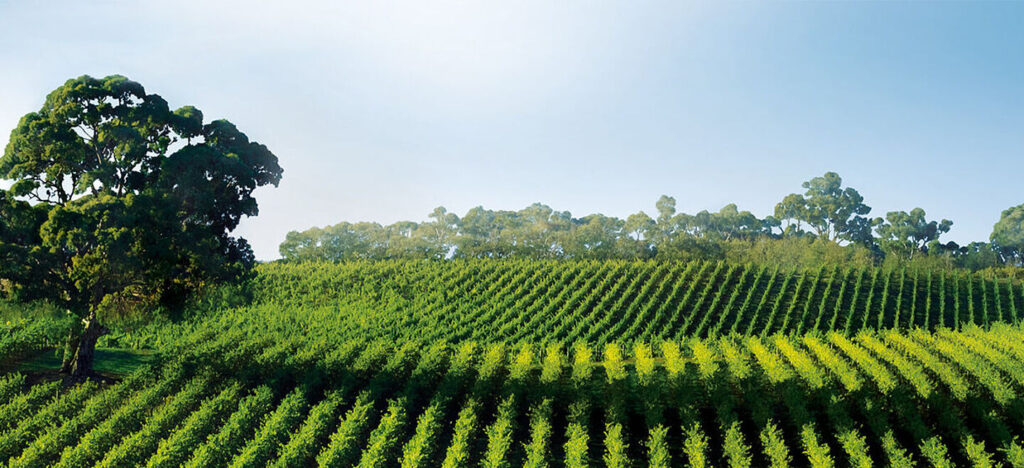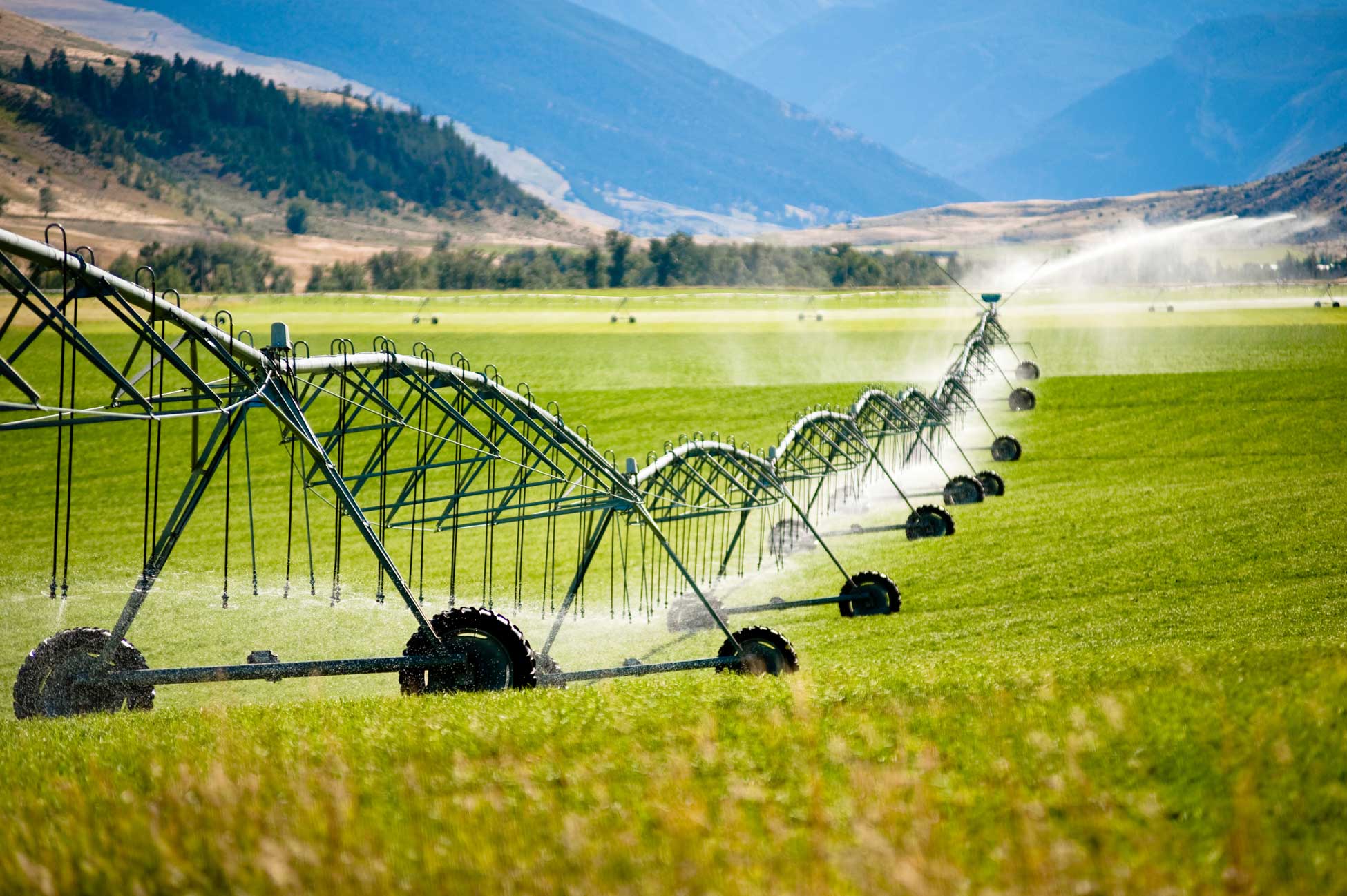Greetings, fellow grape enthusiasts! Today, we embark on a journey into the fascinating world of vineyard irrigation in grape farming. As any seasoned grape grower knows, water plays a vital role in the success of grape cultivation.
In this article, we will delve into the importance of prioritising vineyard irrigation for successful grape farming. From understanding the role of vineyard irrigation to promoting optimal vine growth, mitigating drought stress risks, improving disease resistance, and implementing water conservation strategies, we will leave no stone unturned in exploring this crucial aspect of grape farming.
So, grab a glass of your favourite grape beverage, and let’s dive in!
Check out –

Understanding the Role of Vineyard Irrigation
Water, the elixir of life, holds immense significance in grape farming. Vineyard irrigation refers to the controlled application of water to grapevines to meet their specific moisture requirements. It ensures that grapevines have access to an adequate water supply, which directly impacts their growth and overall yield.
Without proper irrigation, grapevines may suffer from stunted growth, reduced vigour, and decreased productivity. Therefore, an efficient irrigation system becomes paramount in ensuring healthy vine growth.
Enhanced Grape Quality through Adequate Water Supply
One of the key benefits of proper vineyard irrigation is the improvement of grape quality. Controlled water supply has a profound impact on the sugar content, acidity, and flavour profiles of grapes. Adequate hydration during key growth stages allows the grapes to develop to their full potential, resulting in tastier and more desirable fruits.
Several research studies and case reports have demonstrated that grapes grown with proper irrigation techniques consistently exhibit superior quality attributes compared to those grown under water-stress conditions.
Promoting Optimal Vine Growth and Development
Adequate water supply is essential for optimal vine growth and development. Water availability affects various physiological processes in grapevines, including shoot growth, leaf health, and nutrient absorption. When vines receive the right amount of hydration, they can efficiently convert sunlight into energy through photosynthesis, allowing them to produce healthy leaves and robust shoots.
This, in turn, contributes to improved fruit sets, stronger grape clusters, and higher yields. To maintain optimal soil moisture levels, grape growers should employ effective irrigation techniques such as drip irrigation or soil moisture sensors.
Mitigating Drought Stress Risks and Yield Losses
Drought stress poses significant risks to vineyards, leading to yield losses and diminished grape quality. Timely and adequate irrigation can help prevent these adverse effects by ensuring consistent water availability to the grapevines. With a well-designed irrigation system in place, grape growers can effectively mitigate the impact of water scarcity during dry spells, maintaining the vineyard’s overall health and productivity.
Investing in vineyard irrigation is, therefore, a proactive approach to safeguarding grape crops against unpredictable weather patterns and securing a stable yield.
Improving Disease Resistance with Proper Irrigation Practices
Inadequate moisture levels make grapevines more susceptible to diseases such as powdery mildew or botrytis bunch rot. Properly managed irrigation plays a crucial role in reducing disease incidence and promoting healthier vines. By optimising irrigation practices, grape growers can minimise foliar wetness and fungal growth risks.
Drip or trickle irrigation systems, for example, allow targeted water application directly to the roots, minimising water contact with the foliage. This reduces the chances of disease development and enhances the overall disease resistance of the vineyard.
Water Conservation Strategies for Sustainable Grape Farming
In the era of climate change and increasing water scarcity, responsible water usage is of utmost importance in vineyards. Adopting water conservation strategies not only helps preserve this precious resource but also contributes to sustainable grape farming practices. Mulching, for example, can help reduce evaporation and maintain soil moisture levels.
Precision irrigation techniques, such as soil moisture sensors or weather-based irrigation controllers, ensure that water is applied only when the vines need it, minimising wastage.
Grape growers are encouraged to embrace eco-friendly practices and explore innovative water-saving technologies to make a positive impact on the environment.
Assessing Vineyard Irrigation Needs
Every grape variety and soil type has specific irrigation requirements that must be carefully considered. Factors such as climate, vine age, and root depth play crucial roles in determining the appropriate irrigation needs.
Grape growers should regularly monitor soil moisture levels, plant stress indicators, and climatic conditions to gauge when and how much water to apply. By understanding their vineyard’s unique characteristics, grape growers can make informed decisions regarding irrigation scheduling and ensure the vineyard’s optimal health and productivity.
Choosing the Right Irrigation System for Your Vineyard
When it comes to selecting an irrigation system for your vineyard, several options are available, each with its own pros and cons. Drip irrigation systems, for instance, deliver water directly to the root zone, reducing water loss through evaporation and ensuring efficient water usage.
Sprinkler systems, on the other hand, provide uniform coverage but may be less water-efficient. Factors such as cost, efficiency, vineyard size, and specific requirements should be taken into account when choosing the most suitable irrigation system. Consulting with irrigation experts can help grape growers make informed decisions tailored to their unique needs.
Tips for Effective Vineyard Irrigation Management
Managing vineyard irrigation effectively requires a combination of knowledge, experience, and careful planning. Grape growers should establish proper irrigation scheduling based on their vineyard’s specific requirements, considering factors such as soil type, climate, and growth stage.
Monitoring water application rates and avoiding common mistakes, such as overwatering or underwatering, is crucial for achieving optimal results. It is also essential to be aware of any local regulations or water restrictions that may affect irrigation practices.
Seeking professional advice from agricultural extension services or irrigation specialists can provide valuable insights and guidance.
Conclusion
In conclusion, prioritising vineyard irrigation is crucial for successful grape farming. From enhancing grape quality and promoting optimal vine growth to mitigating drought stress risks and improving disease resistance, the benefits of a well-designed and managed irrigation system are manifold.
Additionally, implementing water conservation strategies ensures the sustainability of grape farming practices in the face of changing environmental conditions. By assessing vineyard irrigation needs, choosing the right irrigation system, and adopting effective management techniques, grape growers can pave the way for a bountiful harvest and a thriving vineyard.
So, fellow grape enthusiasts, let us raise a glass to the power of vineyard irrigation and toast to a fruitful future! Cheers!

